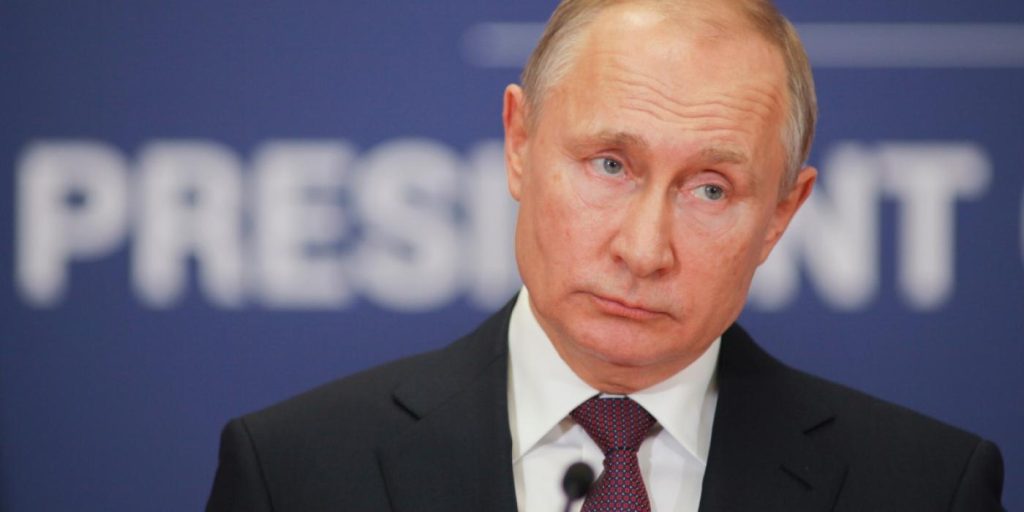Russia is set to export 20,000 tons of chickpeas.
Others are reading now
Russia and Pakistan have launched a barter trade system to maintain economic exchanges while avoiding complications from international sanctions.
Exchange Mandarins for Lentils
The new trade arrangement, signed at the first Pakistan-Russia Trade and Investment Forum in Moscow, allows the two countries to exchange goods without involving financial transactions, according to Ziare.
Astarta-Agrotrading, a Russian company, will export chickpeas and lentils to Pakistan. In return, Meskay + Femtee Trading, a Pakistani company, will supply mandarins and rice.
Under the agreement, Russia is set to export 20,000 tons (22,046 US tons) of chickpeas, while Pakistan will send an equivalent amount of rice.
Also read
Another contract outlines an exchange of 15,000 tons (16,535 US tons) of chickpeas and 10,000 tons (11,023 US tons) of lentils in return for 15,000 tons of mandarins and 10,000 tons of potatoes.
Payment Growing Difficult
Nasir Hamid, Pakistan’s Deputy Minister of Commerce, explained that this barter system was developed due to the growing difficulties in making payments between the two nations, driven largely by Western sanctions imposed on Russia following its invasion of Ukraine.
Sanctions have restricted Russia’s ability to participate in international financial systems, making traditional payments difficult.
Barter trade agreements, such as this one, allow countries like Russia to continue trading while avoiding scrutiny from organizations tasked with monitoring sanction compliance. Russia has explored similar arrangements with other nations, including China, particularly in the agricultural and metals sectors.
Russia and China have also been working on an alternative payment system under the BRICS Bridge initiative. Although this system aims to provide emerging markets with a way to bypass Western financial controls, it is not expected to be operational until at least 2028.


